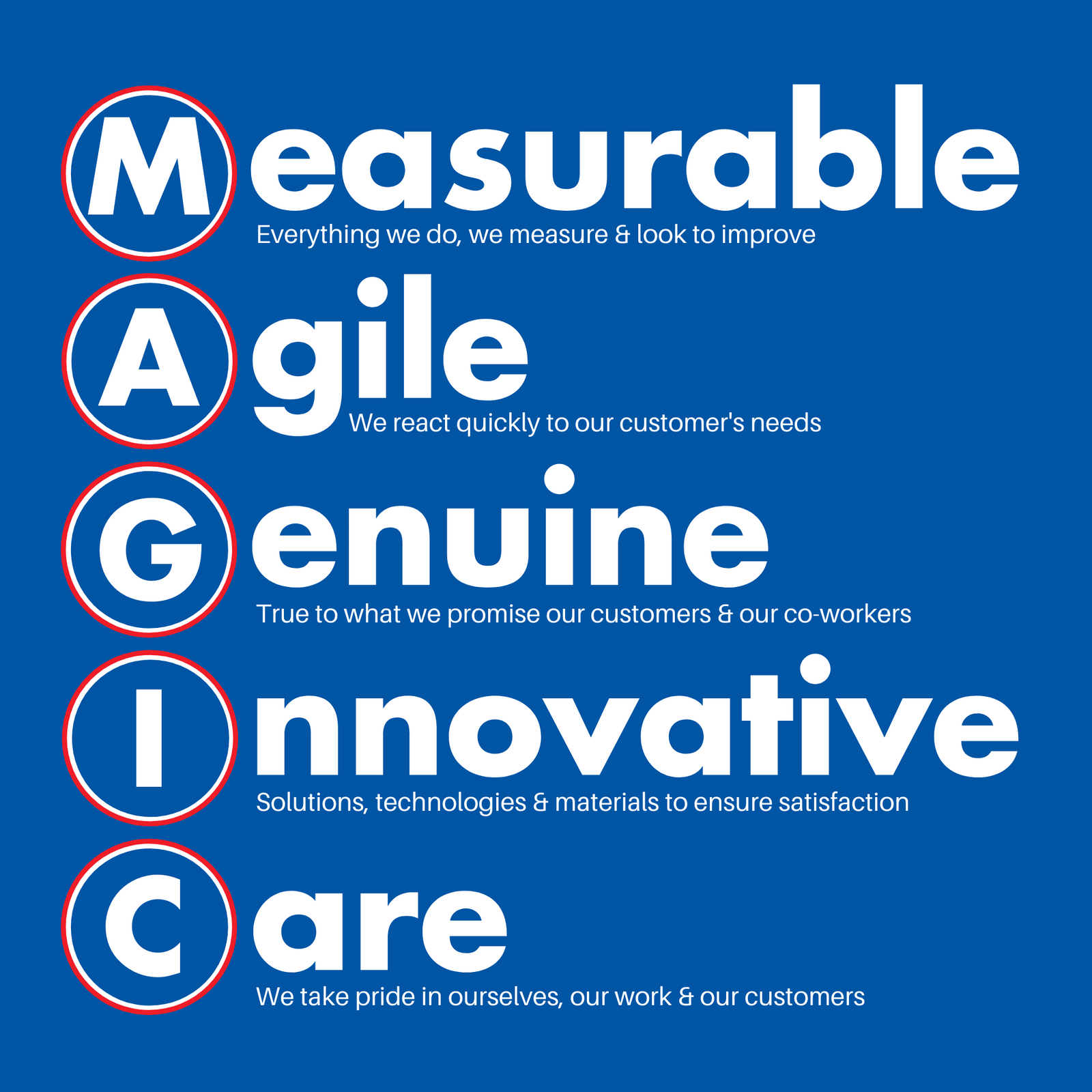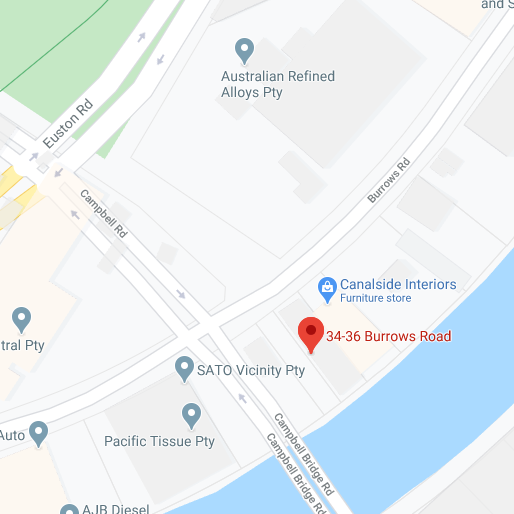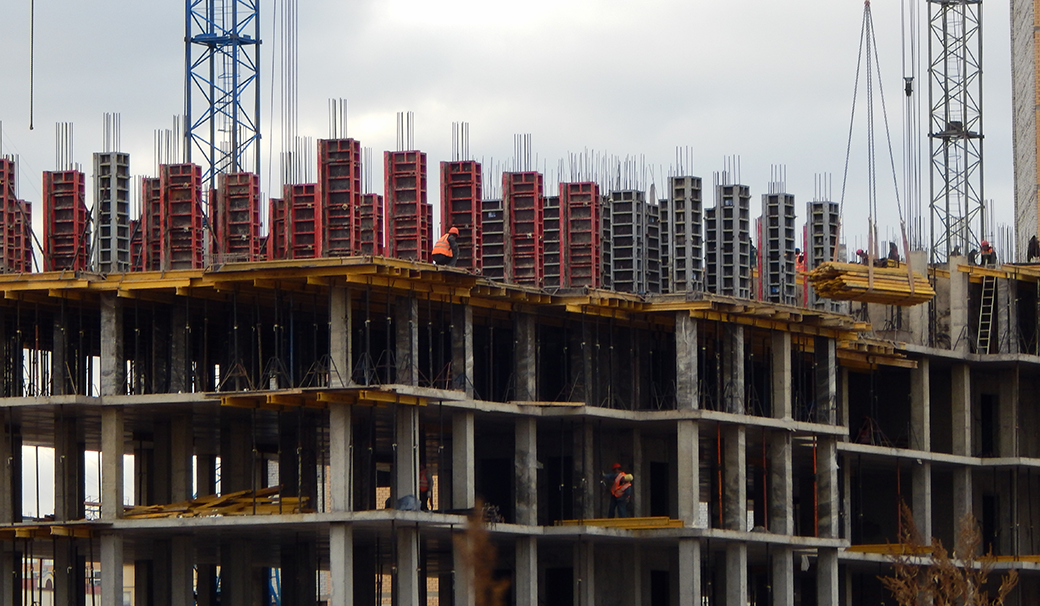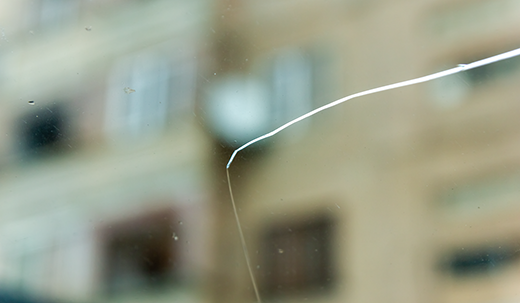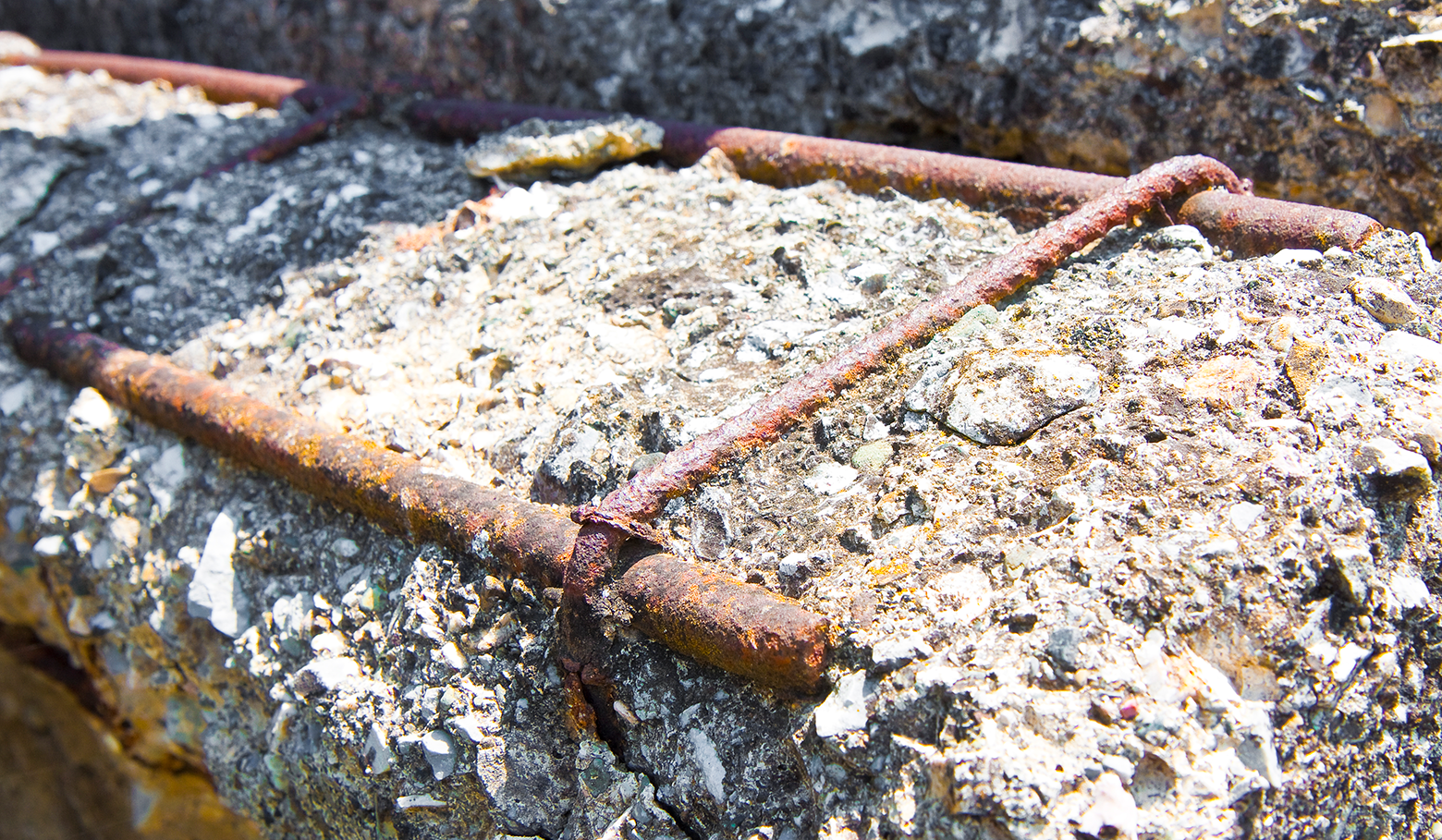Glass Blog
Whether your building is high-rise, low-rise, commercial or residential, chances are that it has faced some kind of building defect. More often than not, these defects are minor, however it is still important that they are remedied in order to prevent further damage and the occurrence of injury.
Read on for 5 common building defects that all property owners should be aware of.
1. Poor Roofing Materials
Poor roofing materials can lead to leaks, rusting, and erosion. Not only are these things detrimental to the visual appeal of your building, but they can also cause severe structural damage if left unresolved.
2. Drainage Issues
Problems with drainage often come up due to boycotted water outlets. When a gutter is blocked, it can affect the entire structure of a building and lead to future failures if not quickly addressed. Even bad rainwater drainage systems can result in leaks that can potentially ruin the walls and reduce the quality of the building structure.
Another common issue is blocked weep holes preventing water from being able to escape from a facade and causing leaks internally.
3. Structural Complications
These are the defects that you can find on the foundations of the house, such as wall cracks and misplaced wall posts. Structural complications should be addressed immediately as they can be a serious hazard to the health and livelihood of your building’s inhabitants.
4. Waterproofing Problems
These are defects related to poor drainage, leaking roofs, and any other problems related to poor waterproofing. As waterproofing problems can lead to structural complications, they need to be remedied as soon as possible.
5. Facade Defects
Facade defects occur on the exterior of a building. They include defects such as brick cracks and concrete spalling. Often these defects occur naturally through exposure to moisture or harsh weather conditions.
If you encounter any signs of these defects in or around your building, give Magic Glass a call. Our dedicated Rope Access Technicians can remedy all external building defects, regardless of the size and height of your building.
Although it is rare, there have been many occasions where glass has broken spontaneously, with no apparent cause.
This phenomenon, which we call ‘spontaneous glass breakage’ occurs solely with toughened (or tempered) glass and can be triggered by a number of preventable issues.
Read on to learn more about how you can prevent your glass from breaking spontaneously.
Installation Issues
During transport and installation, glass panels are very susceptible to nicks and chips. These nicks and chips often don’t cause immediate breakage; however, they can lead to spontaneous glass breakage overtime. This is caused by stress concentrations developing around the nicks and chips as a result of glass expansion and contraction.
The best way to avoid installation damage is to hire a professional to install your glass windows and doors. They will understand how to best transport and install the glass panel to ensure no damage occurs throughout the process.
Thermal Stress
Spontaneous glass breakage can also be triggered by thermal stressors on the glass. Thermal stress occurs when the centre of a glazing unit becomes warmer than the outer edge of the thermal unit. This causes the centre of the glass to expand, resulting in the infliction of a tensile force that causes breakage.
Thermal stress occurs most commonly in glass that absorbs heat and solar radiation. This includes tinted, low-e and reflective glass. The best way to avoid thermal stress is to avoid installing these types of glass panels in locations that are exposed to large amounts of direct sunlight. A good rule of thumb is to avoid installing them anywhere where there is more sun than shade coverage.
Ensuring the framing around your glass windows or doors has a high heat capacity and leaves space for the glass to expand will help too.
Additionally, simply keeping your blinds or curtains open on sunny days will minimise the occurrence of thermal stress breakages too. Blinds and curtains often reflect heat and sunlight back into the windows causing them to absorb more warmth.
Fabrication Defects
Accidental inclusions of nickel sulphide can also cause spontaneous glass breakage. These inclusions are caused by stainless steel remnants from fabrication machinery falling into the glass. The nickel sulphide in these remnants changes shape and structure, which puts stress on the glass and can lead to breakage.
The best way to avoid such defects is to ensure you are sourcing your glass from a reputable fabrication facility. They will have procedures in place to ensure nickel sulphide inclusions are minimised.
Whether you’re looking to avoid spontaneous glass breakage or require assistance after it occurs, get in contact with Magic Glass.
Our experienced Glaziers always take necessary precautions to prevent the occurrence of spontaneous glass breakage and our state-of-the-art fabrication facility ensures that all our glass products are manufactured to the highest safety and quality standards.
We are available 24 hours, 7 days a week to take care of any glass emergencies you may have.
- 24 Hour Emergency Glass Repairs
- 24 Hour Emergency Glass Services
- After Hour Glass Replacement
- Australian Glass Quality and Compliance
- Board Up Service
- Broken Window
- Commercial Glass Services
- Damaged Window
- Emergency Board Up Service
- Emergency Glass Repair Service
- Emergency Glass Services
- Emergency Repair Services
- Glass Repair
- Glass Repair Service
Concrete cancer is an issue all building managers and owners should be familiar with. It can occur in any building and, if left untreated, can vastly affect its structural integrity.
What is Concrete Cancer?
Concrete cancer occurs when the steel reinforcements in a concrete slab begin to corrode. This causes the surrounding concrete to become brittle and crack, which can have drastic effects on both the functionality and visual appeal of the building.
Concrete cancer occurs most commonly when the steel reinforcements are exposed to air and water.
What are the Signs of Concrete Cancer?
Common signs of concrete cancer include:
- Cracking or crumbling concrete
- Rust stains emerging from the concrete
- Bubbling of the concrete render
- Leaks in internal walls.
What are the Causes of Concrete Cancer?
Concrete cancer can occur for a number of reasons. The mains ones being:
- Poor waterproofing
- Saltwater chlorides forming in buildings near the sea
- Harsh/wet weather conditions
- Concrete carbonation
- Poor quality concrete
- Insufficient concrete cover
- Ground movement under the building.
How do you Treat Concrete Cancer?
Concrete cancer treatment is predominantly dependent upon the cause of the problem. In the event of concrete carbonation or insufficient concrete cover, most technicians will opt for the application of a polymer modified repair system to the steel reinforcements of the concrete slabs.
In the event of weather damage or the formation of saltwater chlorides, it is common to treat concrete cancer with electrochemical treatment options, such as cathodic protection.
The worse the concrete cancer is, the harder it will be to treat. Early diagnosis is therefore key in preventing further structural damage and saving you money .
If you spot any signs of concrete cancer in your structure, you should contact Magic Glass as soon as possible.
Our qualified technicians will be able to identify the causes of your concrete cancer and inform you on your options for remediation. We also have a specialised Rope Access Division, so we can access all areas of your building, no matter its size.
Call us today for a free quote.


